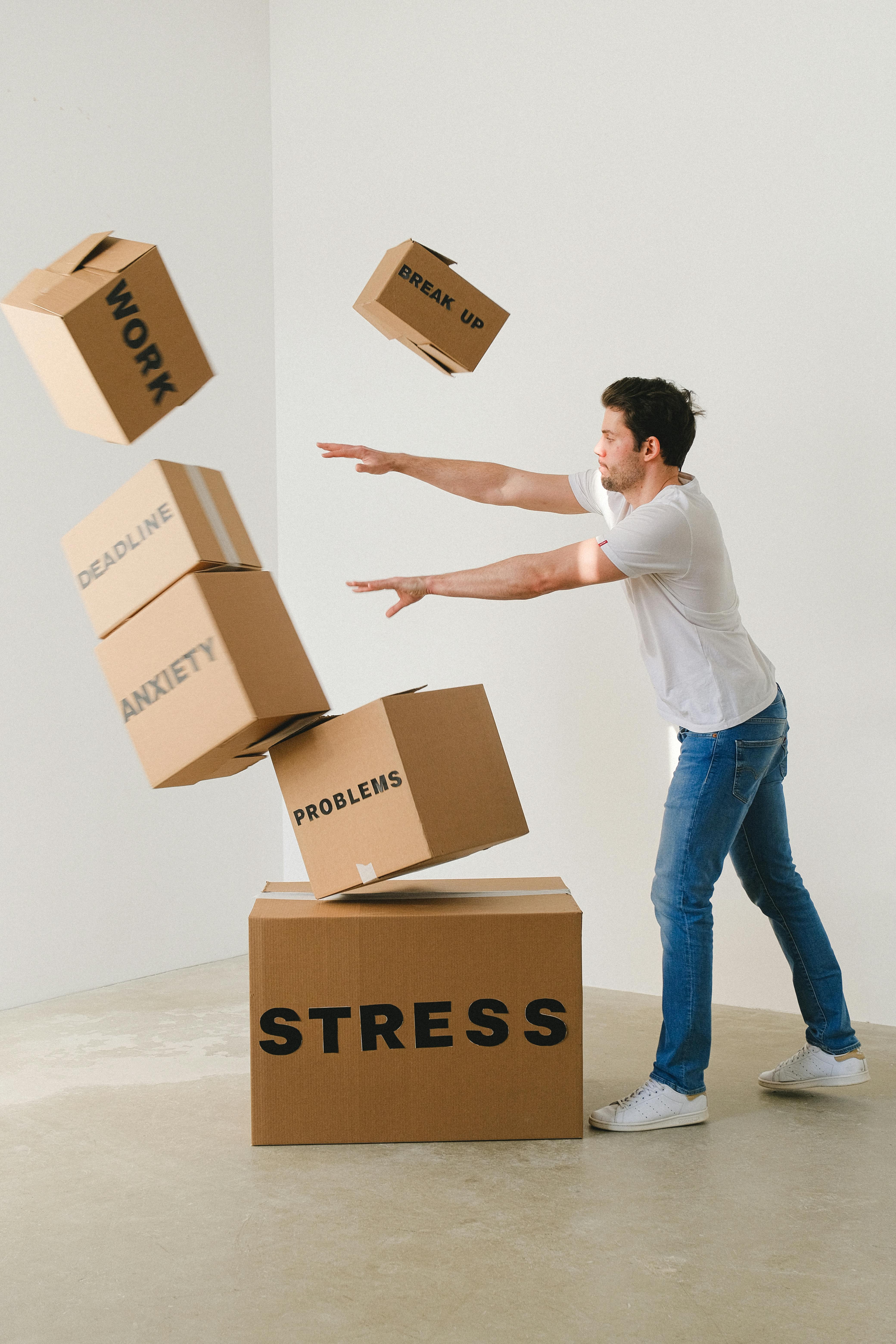I’ve been part of a few startups that didn’t make it. Some fizzled quietly. Others crashed harder than I care to admit. And while every podcast loves to glorify the pivots, acquisitions, or epic comebacks, there’s a whole world of uncomfortable truths no one really shares about failure — especially in early-stage startups.
So here’s the stuff I wish someone had told me.
1. Momentum Hides Problems
When things are “busy,” it’s easy to feel like you’re succeeding. Meetings, prototypes, user feedback, launches — it all feels productive. But momentum isn’t traction. One of my first startups had energy and buzz, but not a clear value proposition. We were moving fast… in circles. If your calendar is full but revenue isn’t growing, something’s off.
2. Founders Drift Apart
This one hurts. You start out excited, aligned, and full of shared vision. Then priorities shift. One co-founder starts treating it like a side project, another wants to raise money immediately, and suddenly you’re not on the same page. Communication breaks down, resentment brews, and eventually someone ghosts. We don’t talk enough about founder breakups — but they’re one of the most common reasons things fall apart.
3. Building the Wrong Thing Really Well
One of my most polished MVPs flopped. We had slick UI, a solid tech stack, great performance… but the wrong feature set. We built what we thought users needed instead of what they actually wanted. I skipped the painful user interviews in favor of “moving fast.” Big mistake. The result? A beautifully useless product.
4. Nobody Cares Unless You Make Them Care
You can have the best tool in the world, but if your story doesn’t resonate — no one will click, sign up, or pay. In one failed startup, we focused 100% on the product and 0% on the brand, the messaging, or the positioning. We couldn’t explain why we existed in one sentence. That’s death in a world flooded with noise.
5. You’ll Burn Out Faster Than You Think
I used to think burnout happened after years. Nope. It can show up six months in. Especially when you’re wearing 10 hats and getting little return. One failure taught me that rest is strategic — not a reward, but a requirement. Without it, your decision-making gets worse and your product suffers.
6. Failure Feels Personal — But It Isn’t
This is the hardest one. When your startup dies, it can feel like you failed. You weren’t smart enough, fast enough, scrappy enough. But that’s rarely the full truth. Startups fail for a million reasons — timing, market fit, team dynamics, luck. If you don’t separate your self-worth from the outcome, the aftermath can wreck you.
What I Take With Me
Every failed startup gave me skills I wouldn’t trade. I learned how to build faster, listen better, manage expectations, and spot warning signs earlier. Those losses were expensive tuition — but they weren’t wasted.
So if your startup didn’t work out, you’re not alone. You’re not broken. You’re learning — and if you’re paying attention, you’re getting sharper.
Fail smart. And try again. I did.










